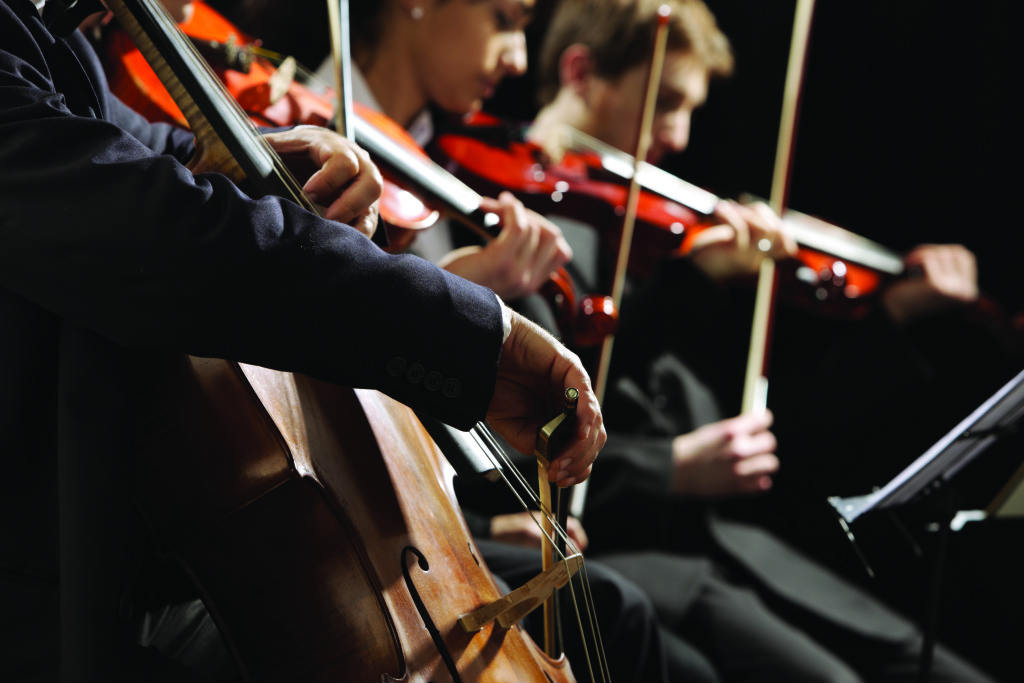
Bands, Teamwork, Orchestras
If you are interested or involved in music in any way, chances are you’ve had to deal with others, whether it’s composing or just playing, teamwork is a very important part of music, even more so when many young musicians want to start bands and make great music together. This part of music is almost essential to learn how to play and facilitate a way to achieve chemistry with other musicians should be a priority.
Playing alone vs Playing with someone
Of course, playing by yourself also has a lot of merit since most of the practice will be alone, and a part of the musical growth can only be gained in an introspective kind of way, but there is also a huge amount of experience that can only come from playing with someone else, let’s review each pros and cons.
Alone
The beginning has to be by yourself, there is no way you can really make a deep bond with the instrument that your playing or your voice if you try with someone else, in the end music is all about expressing something, and if that connection is not made before playing with other people, chances are, playing will be very difficult and you’ll feel insecure about what you want to play.
In short, a beginner’s way is a bit lonely, because it’s as simple as having a relationship, you don’t get married if you yourself don’t have a defined personality and desires, and the same way works for playing with others.
The bad part about playing alone, is not so much about the fact of just playing or practicing by yourself, the problem comes when you as a musician become isolated, this can have consequences such as running out of ideas or getting stuck in a loop of inspiration. It can also make you a bit rusty when it comes to improvisation and playing long sets non stop.
With Others or in Band
As for playing with others, there are many advantages, starting with, learning from others.
No one is the same, everyone has its own tree of music influences and tastes.
The beautiful part of sharing this, is that you discover new ideas for yourself as well as get a good feedback on your play-style.
Of course this can be counter productive if your partners have personal issues or differ too much from your style.
The right people with the right chemistry will help you achieve a new level of musical prowess, and even affect the way you compose your own music. For example, in an improvisation, you exercise a lot of the tools you have on the fly, which is a form of creating and composing, just unpolished and fast, this can later be noticed in how fast ideas will pop in your head.
Playing with others can also bring satisfaction as a musician, because it’s not easy to perform synchronized with other people in harmony and following the same tempo. This happens on a great scale with orchestras where a great amount of people work together to achieve a perfect sound; although of course, there is a path to follow and more guidance than to say for example Jazz, or Rock bands, where improvisation takes the stage many times. In the end there has to be a balance in order to get the best of both worlds, and appreciate both ways of playing by what they are.
In music education, this should be a priority because while orchestras essentially become big bands,every member feels isolated from each other in a way.
This sentiment of sharing and playing with others is not quite present, and it should.


